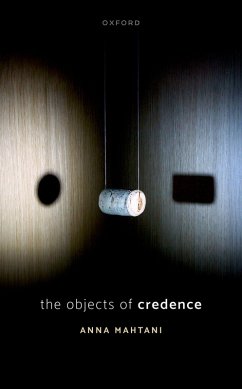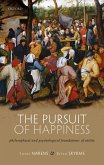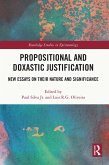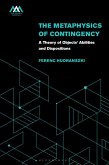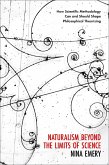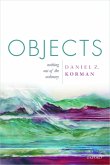The credence framework is used by scientists and social scientists in almost all disciplines, including economics and political theory, and it underpins policy choice in healthcare, transport, education, and numerous other areas. It is hard to overestimate its importance. On this framework, credences (or probabilities) are assigned to certain objects--but what objects? The Objects of Credence argues that these objects are 'opaque' or 'hyperintensional': to adapt an example from Frege, a person's credence that Hesperus ('the evening star') is bright might be different from their credence that Phosphorus ('the morning star') is bright, if that person does not know that Hesperus and Phosphorus are in fact one and the same. Our credences are not about objects in themselves, but rather about objects under a designator. Anna Mahtani demonstrates that this point has far-reaching implications for users of the credence framework: there are implications for principles of rationality, including deference principles and the Principal Principle, and practical implications for decision theory and welfare economics. There are also implications for how the framework should be interpreted; this book explores both two-dimensionalism and impossible worlds, and assimilating either into the credence framework brings further significant repercussions. The Objects of Credence therefore brings to light a simple yet deep insight with profound theoretical and policy implications. There are concepts which need to be re-thought, moves which turn out to be invalid, and principles which need to be rejected or transformed. The central aim is to give those who use the credence framework an awareness of the insight and its wide-reaching implications.
Dieser Download kann aus rechtlichen Gründen nur mit Rechnungsadresse in A, B, BG, CY, CZ, D, DK, EW, E, FIN, F, GR, HR, H, IRL, I, LT, L, LR, M, NL, PL, P, R, S, SLO, SK ausgeliefert werden.

